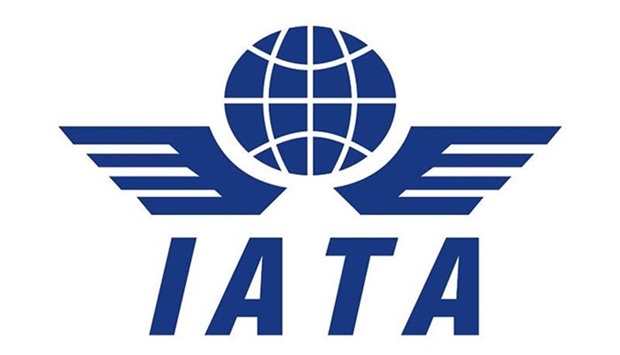The lack of international connectivity is hampering air cargo recovery in the Middle Eastern region; IATA said and noted seasonally adjusted demand remains on an upward trend. Middle Eastern carriers reported a decline of 2.2% in year-on-year international cargo volumes in November, a 1.1% deterioration from October, IATA said.
IATA data for global air freight markets in November showed that freight volumes improved compared to October, but remain depressed compared to 2019. Capacity remains constrained from the loss of available belly cargo space as passenger aircraft remain parked. Global demand, measured in cargo tonne-kilometres (CTKs), was 6.6% below previous-year levels in November (-7.7% for international operations). This was on par with the 6.2 % year-on-year drop in October.
The year-on-year decline is skewed as November 2019 had a boost in demand from the waning US-China trade war.
Seasonally adjusted demand (SA CTKs) continued to improve, increasing 1.6% month-on-month in November. This was a slight improvement over the monthly growth rate of 1.1% in October. Current month-on-month gains indicate that SA CTKs will return to 2019 levels around March or April 2021.
Global capacity, measured in available cargo tonne-kilometres (ACTKs), shrank by 20% in November ( 21.3% for international operations) compared to the previous year. That is nearly three times larger than the contraction in demand.
The capacity crunch is caused by a 53% decrease in belly capacity. This has only been partially offset by a 20% increase in freighter capacity.
Strong regional variations continue with North American carriers reporting year-on-year gains in demand (+5%), while all other regions remained in negative territory compared to a year earlier.
“Air cargo demand is still down 6.6% compared to the previous year; however we are seeing continuing month-on-month improvements. Severe capacity constraints persist as large parts of the passenger fleet remain grounded. This will put pressure on the industry as it gears up to deliver vital Covid-19 vaccines,” said Alexandre de Juniac, IATA’s director general and CEO.


